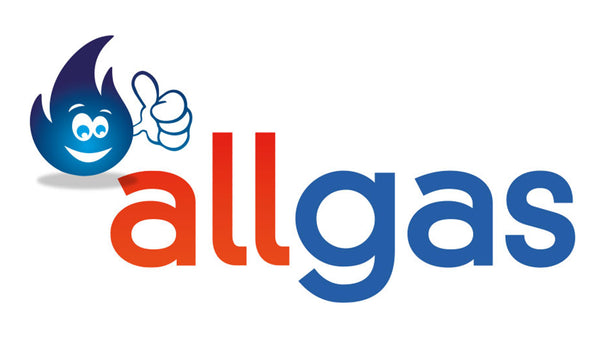As we navigate through 2024, it's becoming increasingly evident that our weather patterns are shifting, and these changes are having a significant effect on home heating systems. From unseasonably warm winters to unpredictable cold snaps, fluctuations in temperature demand a reevaluation of how we prepare for and manage our heating needs. In this blog post, we’ll explore the ways that this year's weather is influencing home heating systems and what homeowners can do to adapt.
Unpredictable Temperature Swings
One of the most notable trends in 2024 has been the increased occurrence of extreme temperature swings. Many regions that once experienced consistent seasonal changes are now facing unpredictable weather patterns. This inconsistency can pose challenges for traditional heating systems, which are typically calibrated for specific seasonal averages.
For homeowners, this means that the time-honored practice of setting a thermostat to a specific temperature may no longer suffice. On particularly chilly nights, homeowners may find their systems working overtime to keep their homes warm. However, when temperatures unexpectedly rise, heating systems may become unnecessarily expensive to operate. This fluctuation not only affects comfort but can also lead to increased energy bills and wear and tear on equipment.
The Rise of Energy-Efficient Systems
With the changing climate, more homeowners are turning to energy-efficient heating systems. These systems, including smart thermostats, zoned heating, and high-efficiency boilers, offer greater adaptability in fluctuating temperatures. Smart thermostats, for instance, can learn user habits and optimize heating schedules, ensuring that energy is not wasted when it's not needed. They often allow for remote control access, enabling owners to adjust settings on the go, which can be extremely useful during sudden weather changes.
Additionally, many homeowners are investing in renewable energy sources, such as heat pumps that extract heat from the outside air, even in cold conditions. These systems can work efficiently in a range of temperatures, providing a reliable alternative to traditional heating methods.
Preparing for Extreme Weather Events
2024 has also brought an increase in extreme weather events, from ice storms to heavy snowfall, which can impact heating systems. Homeowners should take proactive steps to prepare for such events to ensure their heating systems perform optimally when they need it the most.
- Regular Maintenance: Scheduling regular maintenance checks for heating systems can help identify and address potential issues before they become serious problems. This is especially important as the demand on systems fluctuates with unpredictable weather.
- Insulation and Sealing: Improving insulation and sealing gaps in windows and doors can help maintain indoor temperatures, reducing the burden on heating systems. Energy audits can identify areas that need attention.
- Backup Solutions: Considering backup heating solutions, such as portable heaters or alternative heating sources, can provide peace of mind during extreme weather events when primary heating systems may fail or struggle to keep up.
- Emergency Preparedness Plans: In regions prone to power outages during severe weather, having an emergency plan, such as access to extra blankets or a generator, can contribute to safety and comfort.
Conclusion
As 2024 continues to unfold, the influence of unpredictable weather patterns on home heating systems becomes increasingly significant. By embracing energy-efficient technologies, maintaining heating systems, and preparing for extreme weather events, homeowners can effectively navigate these challenges. This year underscores the importance of adaptability in home heating strategies, ensuring that our living spaces remain comfortable despite the shifting climate landscape. By staying informed and proactive, we can make smarter, more sustainable choices for our homes, even in the face of unpredictable weather.

